More on News
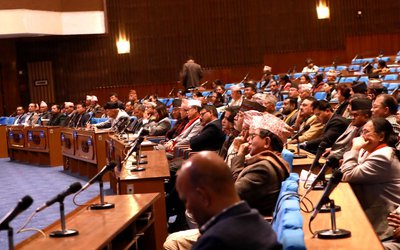
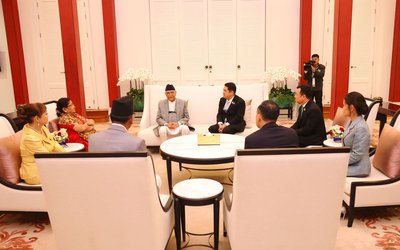
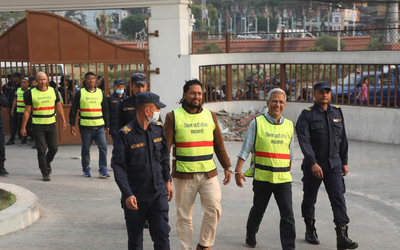
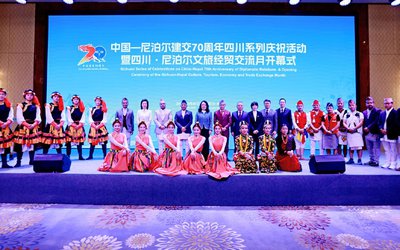
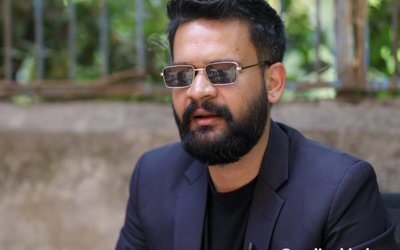
The Indian Gorkhas, who reside in north eastern states of India, are now hoping to live peacefully after two armed rebel groups of north east India agreed to sit in peace talks with the government.
The United Liberation Front of Assam (ULFA) and the peace talks support group of National Democratic Front of Bodoland (NDFB) have agreed to maintain peace in north east India. The president of ULFA was released by the government to develop the environment for the talks with ULFA.
The Nepali speaking people of north east India have expressed that peace talks will yield positive results. They are optimistic that they will not have to spend their days in fear like before. Assam, Meghalaya, Manipur, Mizoram, Nagaland, and Arunachal Pradesh are principal states where Indian Gorkhas live. Their population in Assam is more than 15 lakhs. The Nepali speaking people of Assam have been mostly affected by the activities of rebel groups. Last year, more than a dozen Gorkhas were killed in the rebel attacks.
The Nepali speaking people of Assam, however, are not so hopeful as to get any political security as a result of peace talks with the armed rebel groups. They say it will be enough if they get a chance to live in peace. A businessman in Tejpur, Khadga Bahadur Kaushik, said, "We only hope that our people will get to live in peace and it is sure that we wil lnot get any political benefit from this."
The Gorkhas residing in Assam have been facing problems when they want to sell their lands to anyone. In places where the state government has given autonomy to the locals, it is compulsory for everyone wanting to sell land that they can sell it to the locals only. The president of recently established Gorkha Development Council of Assam, Loknath Upadhyaya, said, "If there is peace in north east India, every Nepali speaking people will see better prospects for work in every field."
The central government has initiated the peace talks with ULFA after a meeting that was held in the capital, Delhi on February 10. The president of ULFA, Arabinda Rajkhowa, told reporters after the meeting that his organisation was very hopeful about the success of the talks.
"If terrorism ends in north east India, it is not only beneficial for Gorkhas but also beneficial for all people," a Nepali journalist in Guwahati, Assam, Rohit Gautam, said, "We are closely watching the talks which have recently been started."
Earlier on the day of the meeting, Rajkhowa and the other rebels had met the chief minister of Assam Tarun Gogoi at his official residence to iron out some rough edges in the peace process. Later the senior government officials of Assam had taken them to the central capital for the talks.
The ULFA was formed in April 1979 prior to the launch of the six-year Assam Agitation to rid the state of illegal settlers. It carried out extortion, abduction and killing before a split in 1992 saw more than half the outfit surrendering. The outfit regrouped to become a terror again before New Delhi’s coordination with Bhutan and Bangladesh weakened it and led to the capture of most of its leaders since December 2003.
Another group of ULFA, led by Paresh Barua, is still in the armed rebellion and he is believed to be holed out in northern Myanmar with some 150 fighters. He has rejected the peace process being pursued by his former colleagues and vowed to carry on his battle to liberate Assam from ‘colonial India’.






